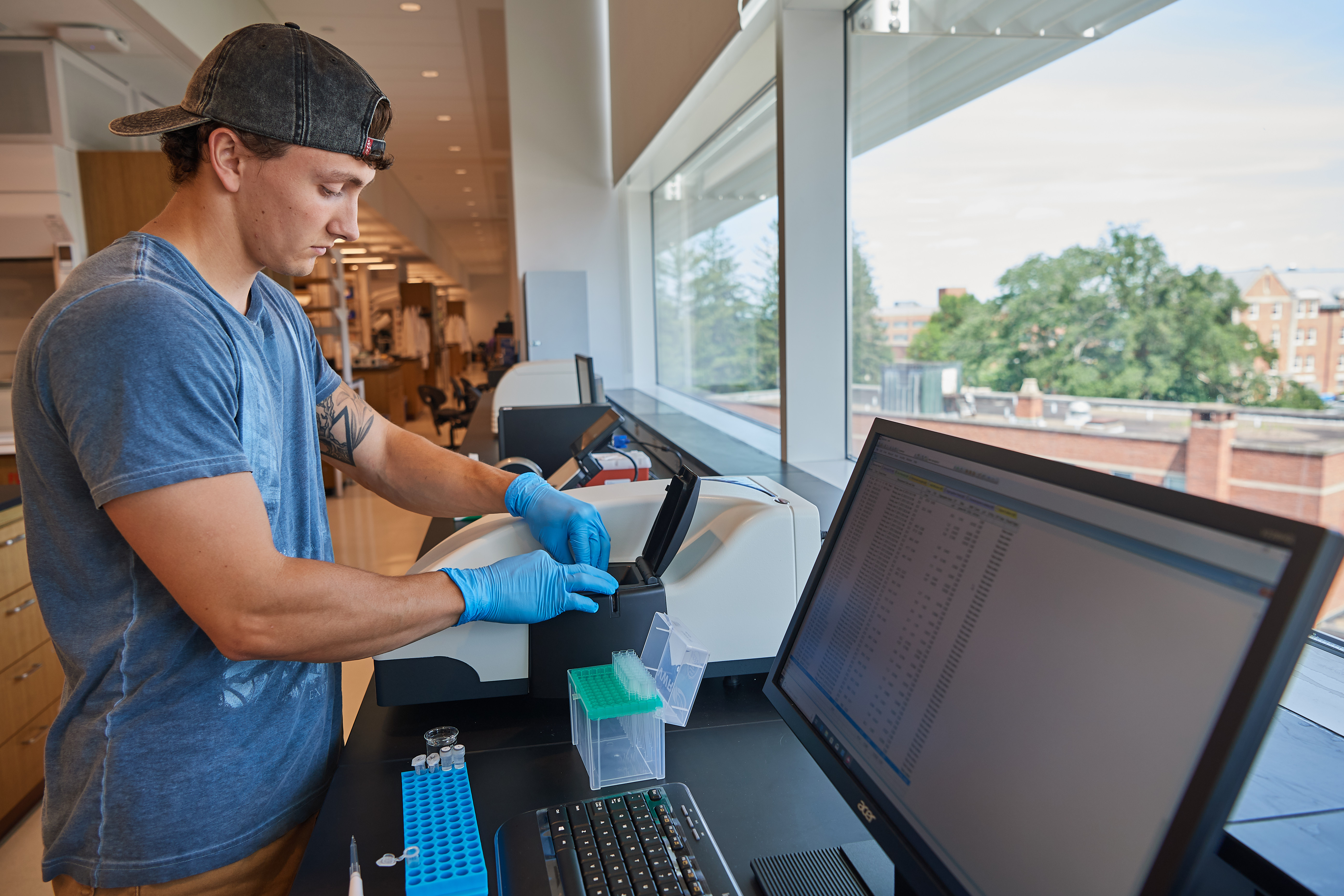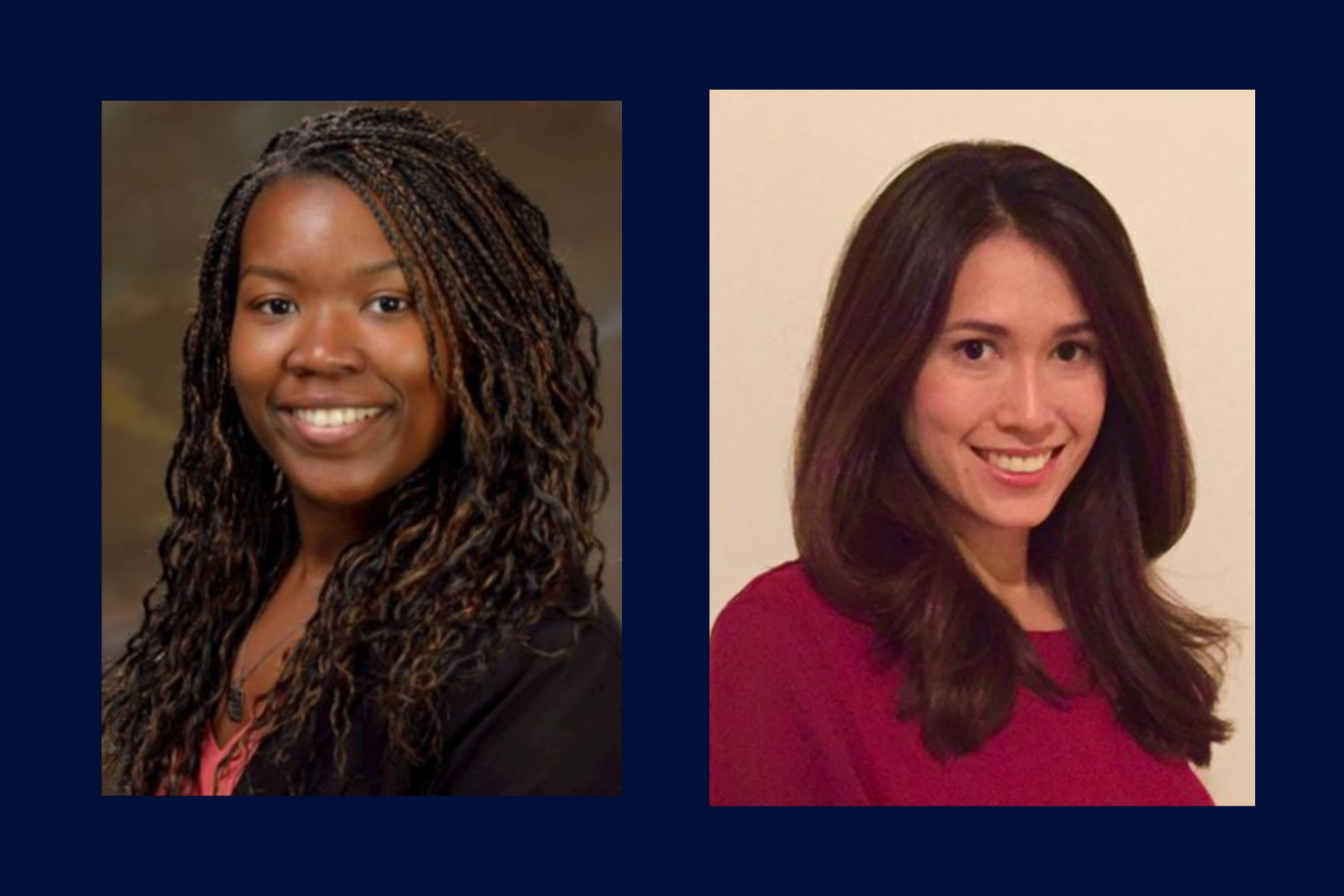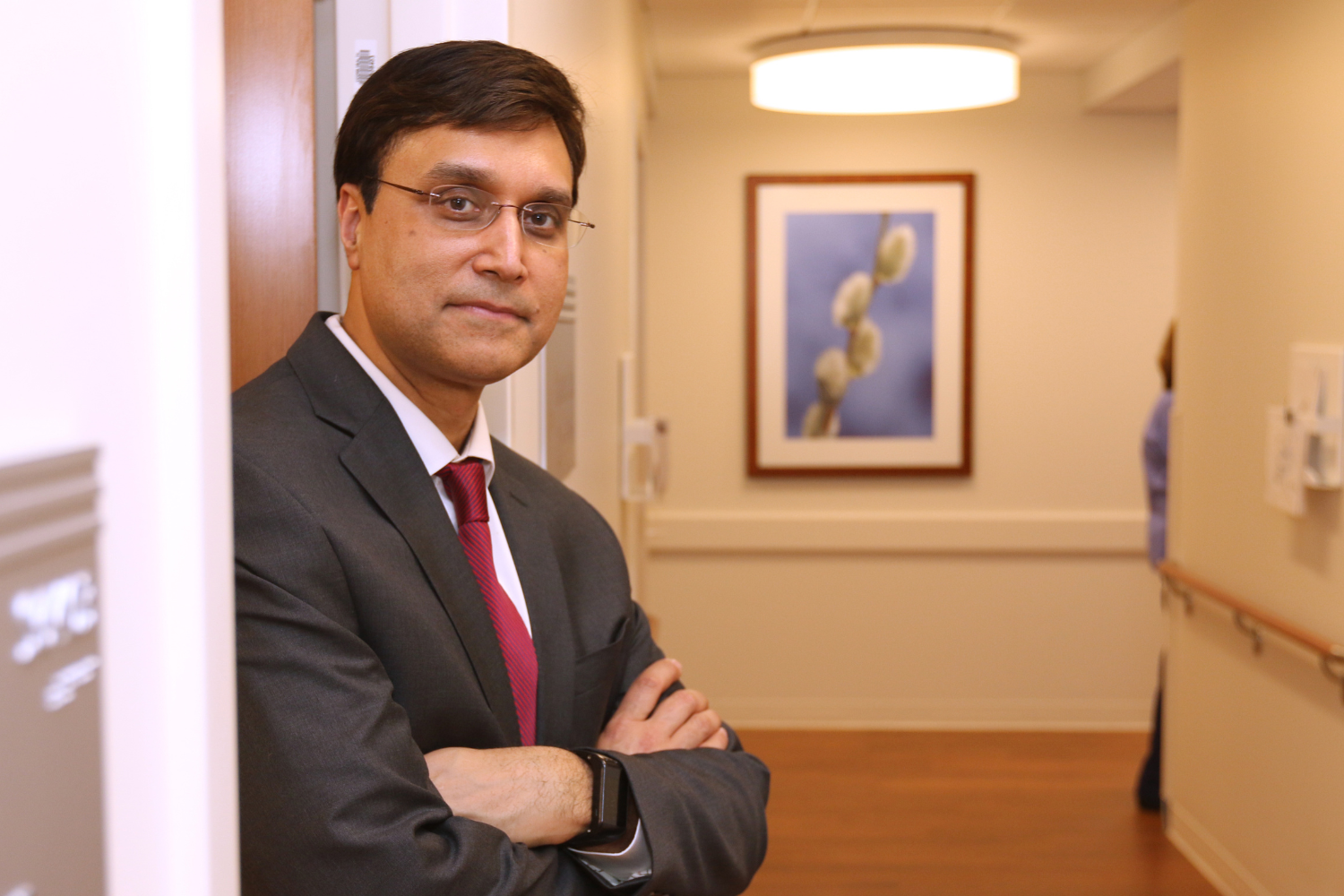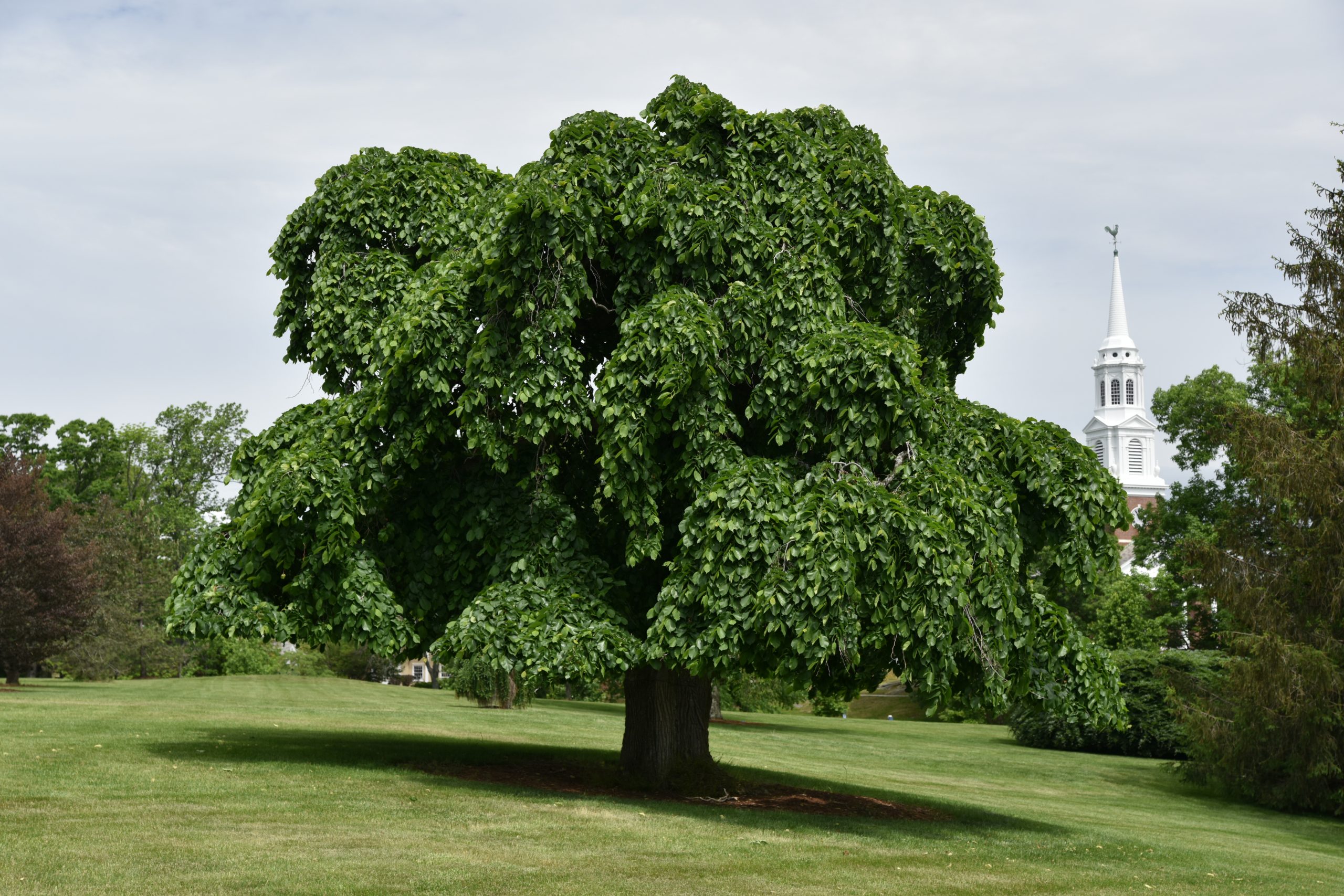UConn’s Office of Undergraduate Research each year provides Summer Undergraduate Research Fund (SURF) awards to support full-time undergraduate students in summer research or creative projects.
SURF awards are available to students in all majors at all UConn campuses. The students’ project proposals are reviewed by a faculty committee representing various schools and colleges, and SURF award recipients are chosen through a competitive process. Each SURF award winner is supervised by a UConn faculty member.
This summer, UConn Today will take a look at various SURF scholars and their work.
Name: Ian Sands
Year: Rising Senior
Major: Biomedical Engineering
Summer research project: Sands is researching nanoparticle drug delivery for the treatment of osteoarthritis in knee joints, and trying to reduce inflammation in the knee in order to stop the progression of cartilage deterioration. His faculty mentor is associate professor Yupeng Chen in the biomedical engineering department.
Sands, a native of West Newbury, Massachusetts, will continue research in the 2019-20 academic year as part of the UConn IDEA grant program, which awards funding to support student-designed and student-led projects. For his IDEA grant, he will work on penetrating neurons into microglial cells in the brain.
Why did you decide to apply for a SURF grant?
During my freshman and sophomore year, I took the standard engineering classes that most biomedical engineering students have to go through. However, a lot of my friends were pretty heavily research-driven and I always wanted to get into a specific lab that was geared towards my interest and my future career paths, which would be research in private industry or academia. I figured that instead of spending one of my summers working a typical summer job, I would see what opportunities UConn has to offer, and the SURF grant stood out as the number one option.
I applied for a SURF grant and an IDEA grant at same time, and got both of them in tandem. They are very similar in terms of their research goals and outcomes.
What is your research about this summer?
I am hoping to produce a batch of nanoparticles that work the most efficiently and the most effectively within the knee joint. That is the difficulty when it comes to designing and engineering drug therapies — being able to tweak and modify samples to the greatest degree possible, so that they work the most effectively.
By the end of the summer, I am hoping to have created enough samples and cultured enough cells to analyze the data I have produced and come up with a batch of nanoparticles that have the right charge, the right width and length, and the right sonication [a process used in nanotechnology for evenly dispersing nanoparticles in liquids]. There are a lot of parameters to make it the most effective treatment option possible.
Do you like working in the lab setting?
I get that question from my friends who don’t do research. When I say ‘I have to go the lab,’ it may get a bad rap because of structured-regiment labs that are part of a class you’re required to take. Doing research in a lab gives you a sense of responsibility that the classroom does not. Nothing is set up for you. There aren’t safety rails if you fail. You are working on data that hasn’t been generated yet and you are on the front line. There is a sense of purpose of coming in the lab, especially if you really care about what you are doing.
How do you feel about being at UConn during the summer?
Summer campus is quiet and relaxed. It’s warm, and the campus is beautiful. People really care about what they are doing, and it doesn’t have the frenzy of the academic year. It’s the best.



